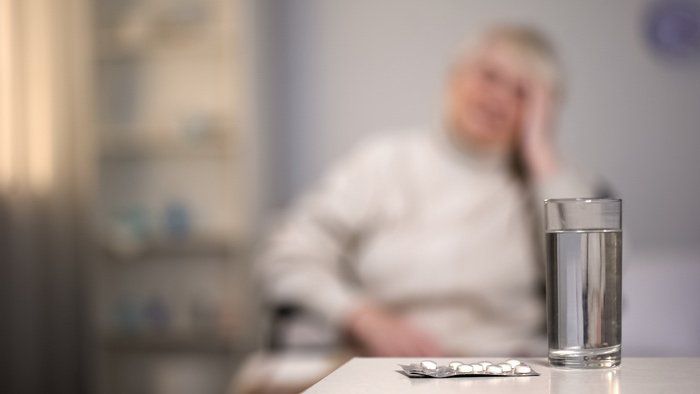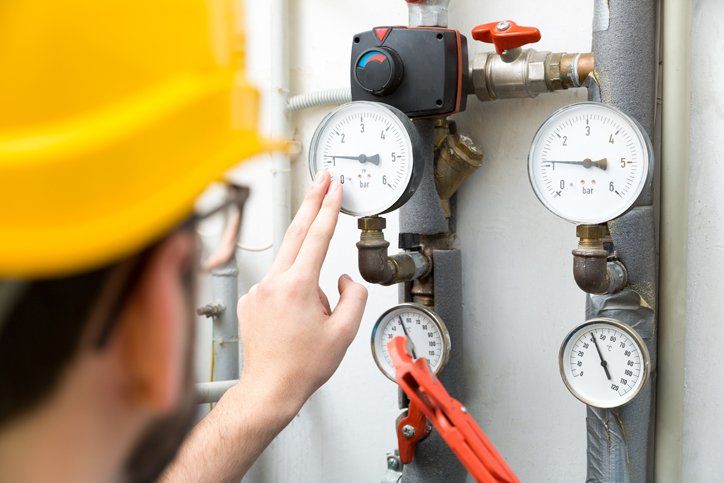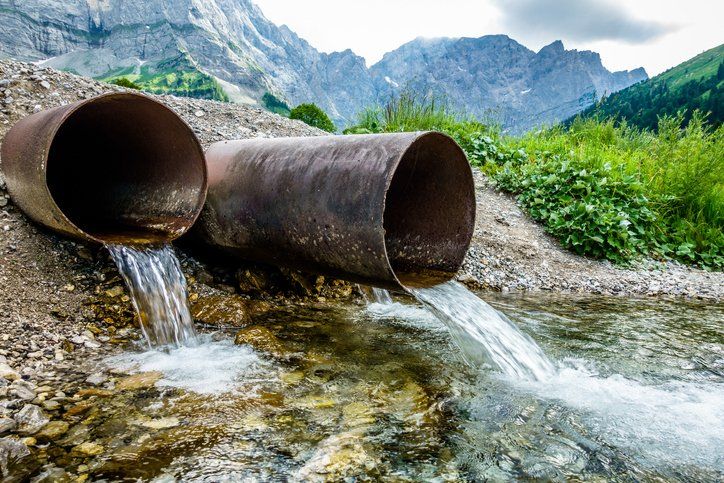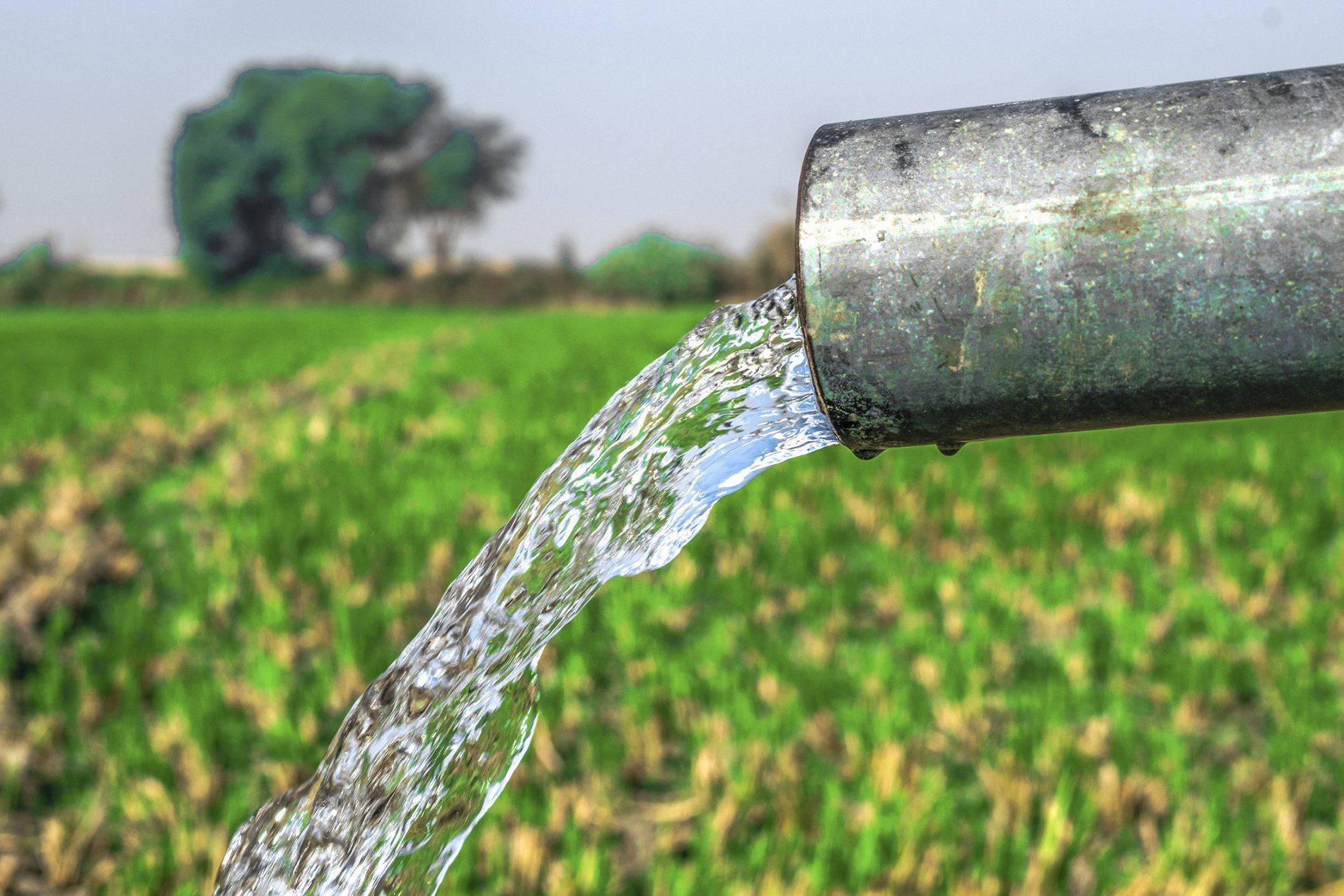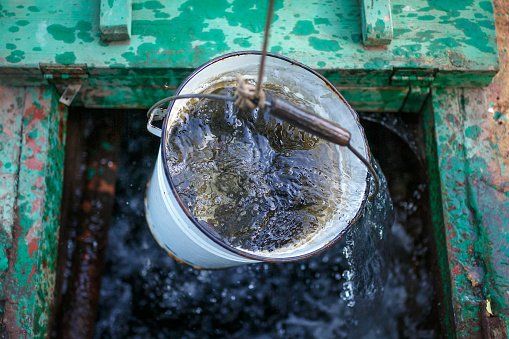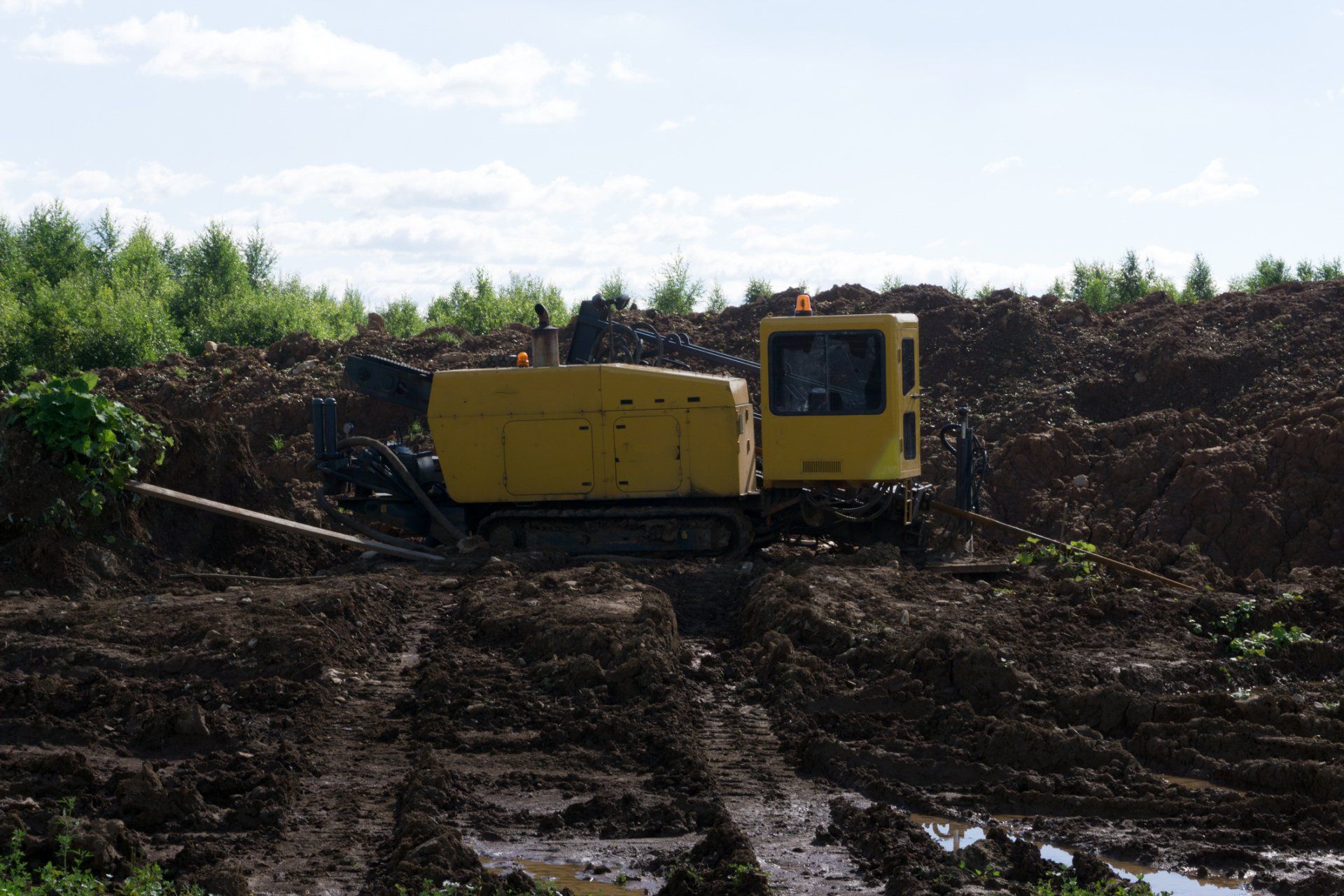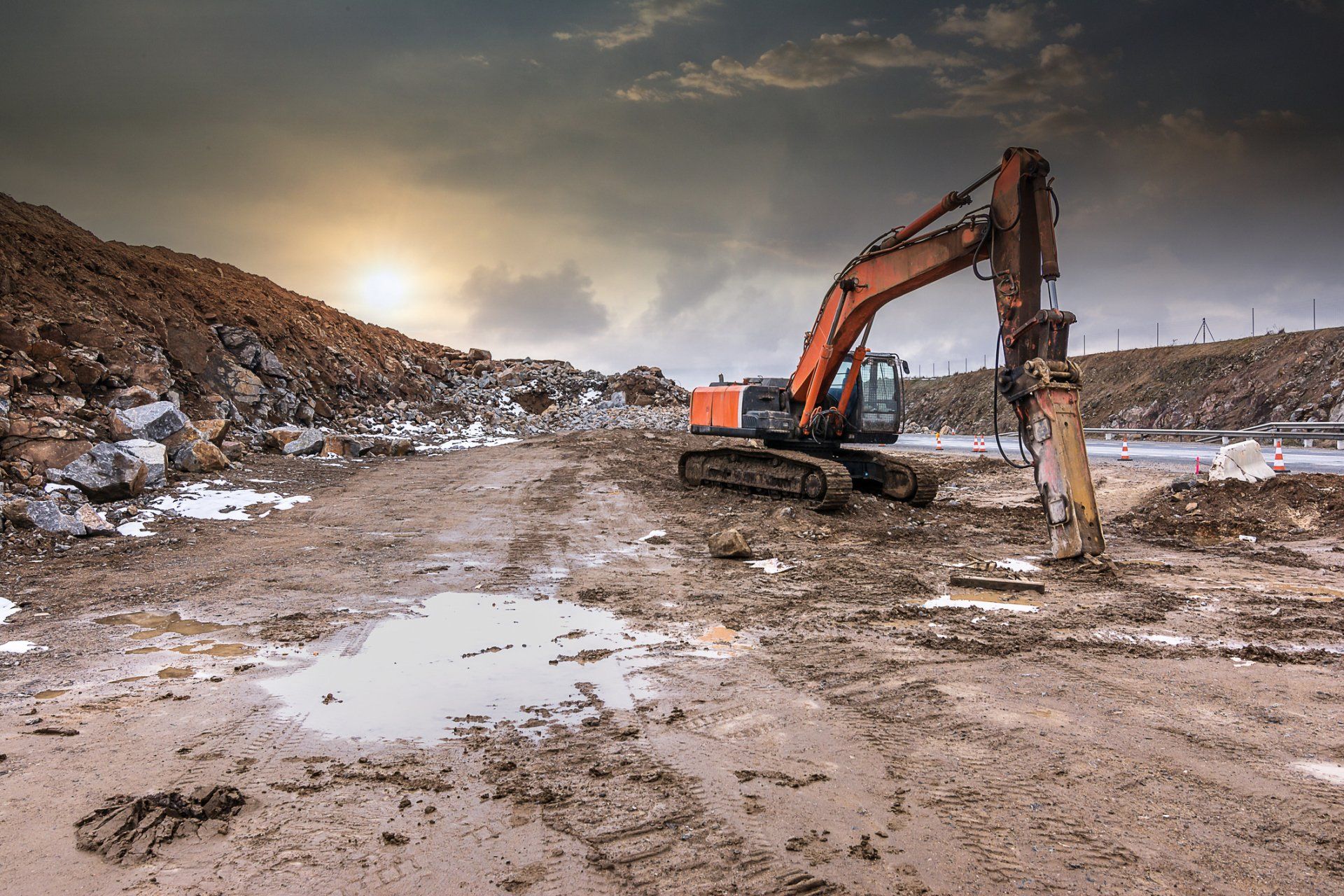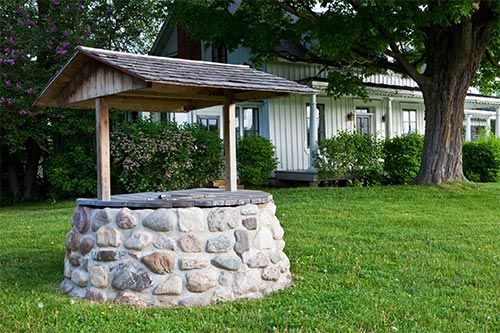Emergency Preparedness and Your Water Well
- By Admin
- •
- 05 Feb, 2020
- •
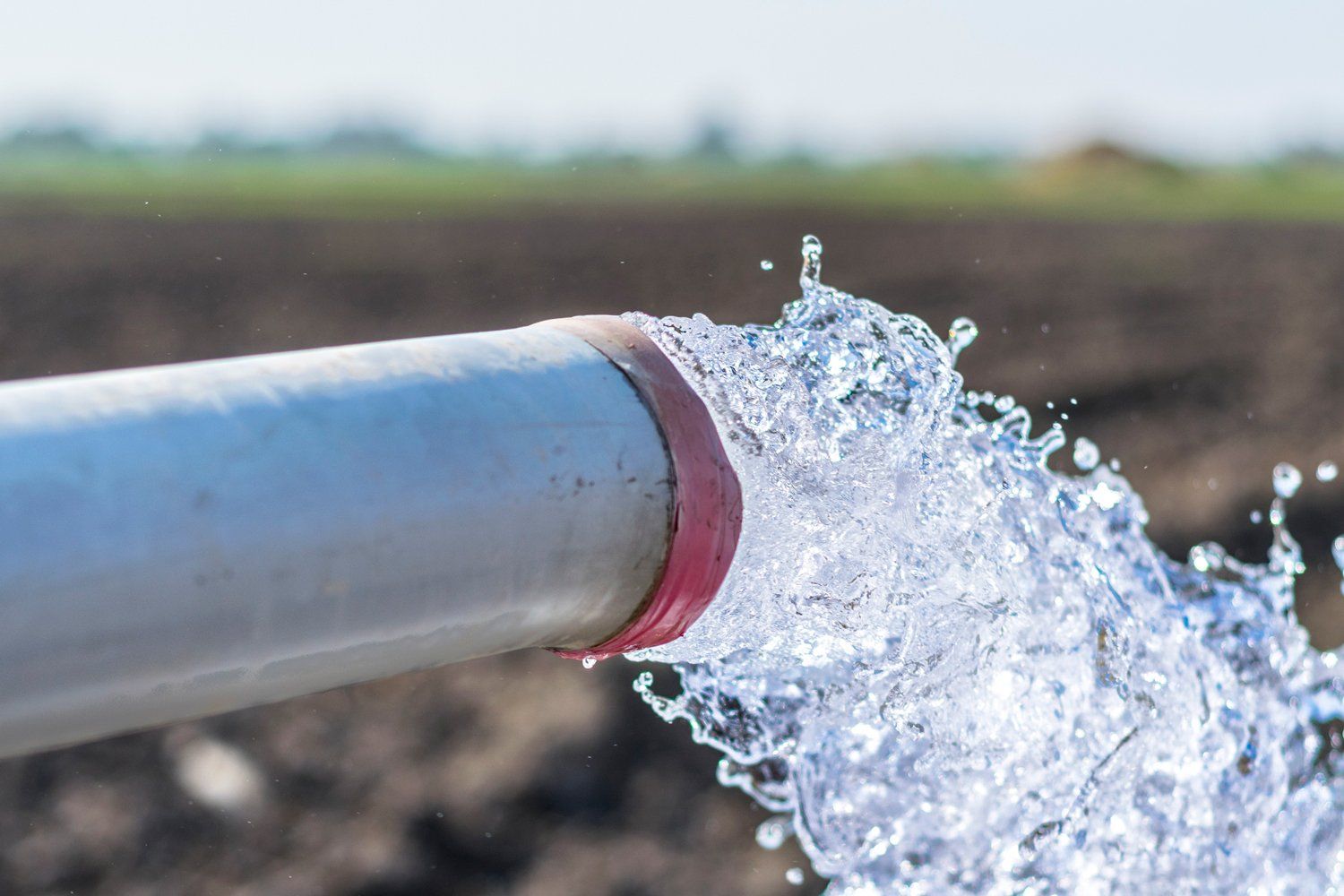
Although large natural disasters aren't common in the Charlotte area, you should always be prepared for a storm, fire, earthquake, or flood. In some situations, a natural disaster can compromise your water supply even if you have a private water well. With a little forethought and preparation, you can be ready for any disasters that are likely to happen.
Discover a few things you should have to prepare your water well against a disaster scenario.
1. Backup Generator
One of the first things to vanish in the event of a disaster is the power supply. If your well pump runs on power from the grid, you'll want to have a backup. This is one of the preparedness tips you'll likely use most often, since power outages aren't limited to extreme disasters; they can sometimes occur even after a moderate thunderstorm or ice storm.
A backup generator for your well pump will have to be of the stationary variety, not a portable generator. However, you can still choose between a variety of sizes and price points.
2. Emergency Contact Numbers
Unless the disaster scenario is very far-reaching, you'll likely be able to get through to your well pump contractors soon after the event. However, power and internet may still be out. So, write contact numbers for your well pump contractors down somewhere and program those numbers into your phone (as well as any other emergency contacts you may need to call).
3. Emergency Water Purification and Filtration
In some cases, you could end up waiting several days after an extreme event before your well repairs can be completed. In a disaster, you may have difficulty finding enough bottled water in stores. This is especially the case if the municipal water supply is also compromised or if supply lines to and from your area are compromised.
For situations like these, you'll want to have some form of emergency water filtration. You should never drink water that you know has sewage pollution. But in cases where you only suspect the well could potentially have contamination from above ground and you have no other source of water, a filtration and purification system could be your best bet.
Choose the highest-rated emergency filtration system you can find, and pair it with water purification tablets to kill any lurking bacteria.
4. Basic Repair Equipment and Knowledge
An earthquake may sometimes shift the ground enough to break or crack pipes, such as those leading from your water well to your home. You may not be able to access professional repair services instantly, depending on the severity of the disaster. So having some basic emergency repair equipment and knowledge can help.
For instance, you'll want to know how to do an emergency pipe repair in this situation (and have the equipment needed, such as epoxy). And you'll need to know where and how to turn off your well in an emergency, as well as how to stay safe and avoid injury around a damaged well.
5. Supply of Bottled Water
Bottled water may be in short supply at the time of a disaster, but that doesn't mean you can't stock up in advance. Buy large jugs or cases of water, and store them out of the way (such as in your basement). This prepares you for spending a day or two without a working well in the aftermath of a disaster. You'll need about a gallon a day for each person.
Bottled water isn't just for natural disasters, either. It can also come in handy anytime your well is repaired, low on water, or otherwise down for the count.
As you can see, a few simple preparedness steps can give you peace of mind about where you'll get your water from in an emergency. For more information on well maintenance and repairs, get in touch with McCall Brothers Inc. today.
Discover a few things you should have to prepare your water well against a disaster scenario.
1. Backup Generator
One of the first things to vanish in the event of a disaster is the power supply. If your well pump runs on power from the grid, you'll want to have a backup. This is one of the preparedness tips you'll likely use most often, since power outages aren't limited to extreme disasters; they can sometimes occur even after a moderate thunderstorm or ice storm.
A backup generator for your well pump will have to be of the stationary variety, not a portable generator. However, you can still choose between a variety of sizes and price points.
2. Emergency Contact Numbers
Unless the disaster scenario is very far-reaching, you'll likely be able to get through to your well pump contractors soon after the event. However, power and internet may still be out. So, write contact numbers for your well pump contractors down somewhere and program those numbers into your phone (as well as any other emergency contacts you may need to call).
3. Emergency Water Purification and Filtration
In some cases, you could end up waiting several days after an extreme event before your well repairs can be completed. In a disaster, you may have difficulty finding enough bottled water in stores. This is especially the case if the municipal water supply is also compromised or if supply lines to and from your area are compromised.
For situations like these, you'll want to have some form of emergency water filtration. You should never drink water that you know has sewage pollution. But in cases where you only suspect the well could potentially have contamination from above ground and you have no other source of water, a filtration and purification system could be your best bet.
Choose the highest-rated emergency filtration system you can find, and pair it with water purification tablets to kill any lurking bacteria.
4. Basic Repair Equipment and Knowledge
An earthquake may sometimes shift the ground enough to break or crack pipes, such as those leading from your water well to your home. You may not be able to access professional repair services instantly, depending on the severity of the disaster. So having some basic emergency repair equipment and knowledge can help.
For instance, you'll want to know how to do an emergency pipe repair in this situation (and have the equipment needed, such as epoxy). And you'll need to know where and how to turn off your well in an emergency, as well as how to stay safe and avoid injury around a damaged well.
5. Supply of Bottled Water
Bottled water may be in short supply at the time of a disaster, but that doesn't mean you can't stock up in advance. Buy large jugs or cases of water, and store them out of the way (such as in your basement). This prepares you for spending a day or two without a working well in the aftermath of a disaster. You'll need about a gallon a day for each person.
Bottled water isn't just for natural disasters, either. It can also come in handy anytime your well is repaired, low on water, or otherwise down for the count.
As you can see, a few simple preparedness steps can give you peace of mind about where you'll get your water from in an emergency. For more information on well maintenance and repairs, get in touch with McCall Brothers Inc. today.
Some old wells still produce water since their construction many years ago. Take a look at these four amazing old wells still in use today.
Many different styles of treatment systems exist to purify well water for use in your home. Read about three types of whole-house treatment systems.

